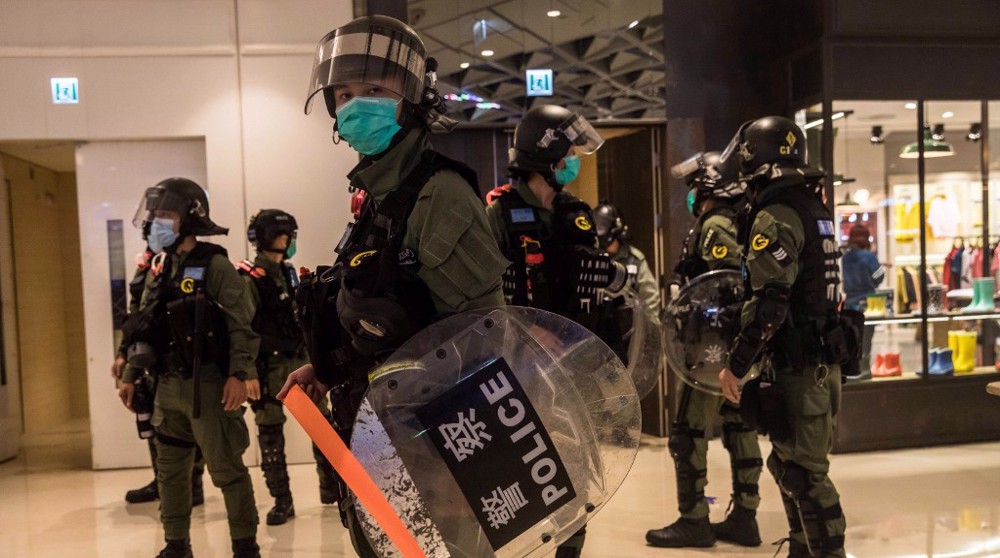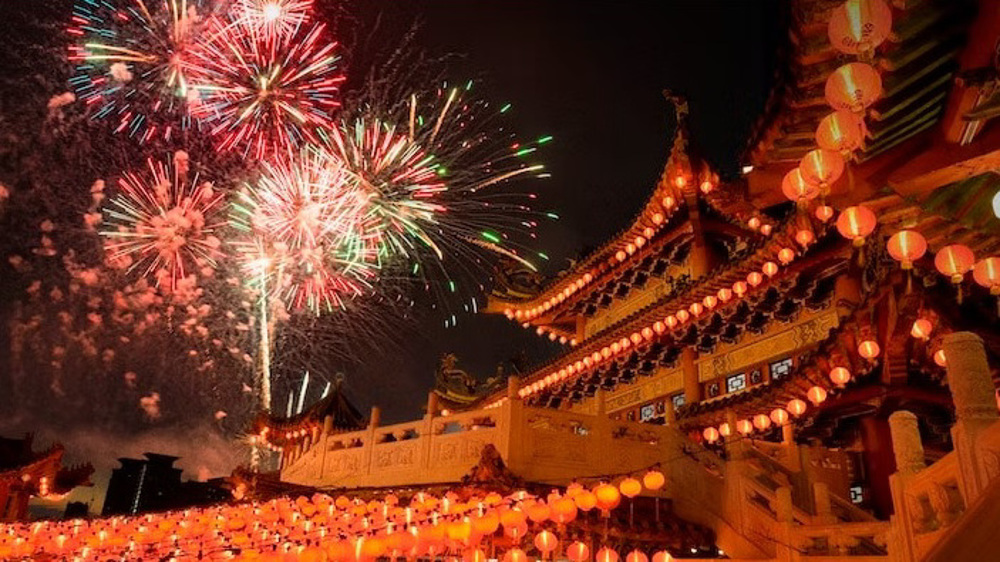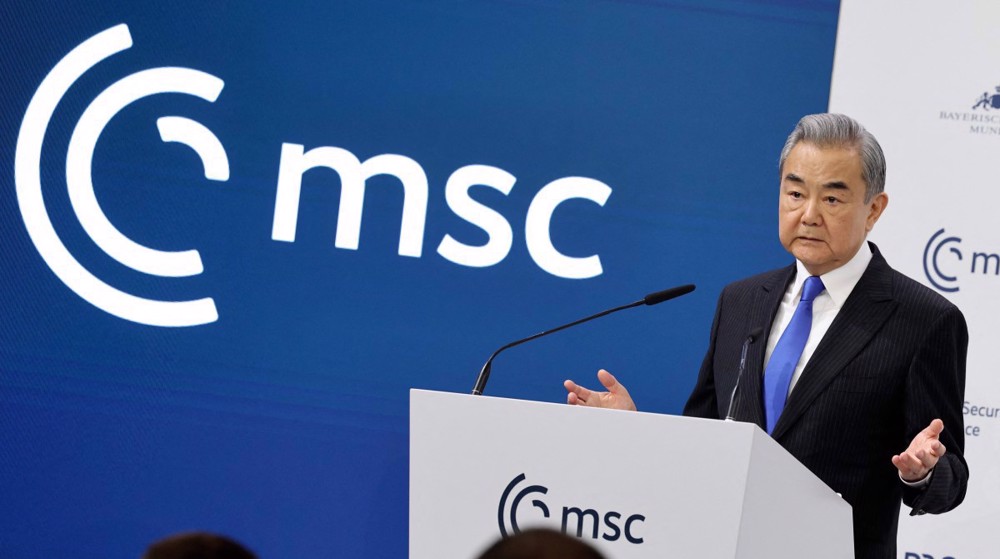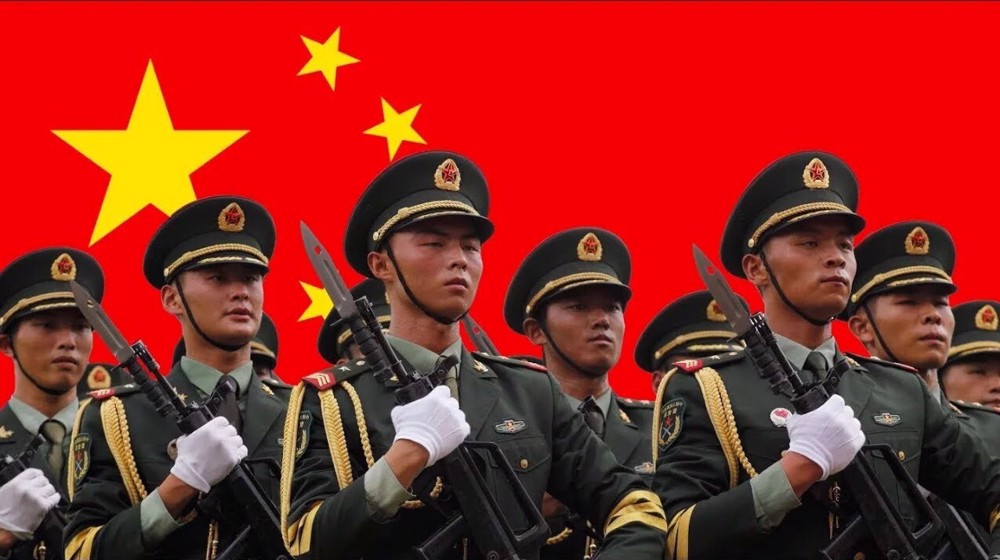EU to limit technology exports to Hong Kong over security law: Sources
The European Union (EU) has decided to restrict the export of technology to Hong Kong that might be used for what the bloc calls surveillance and repression, sources say, after China introduced a uniform national security law in the semi-autonomous city.
China enacted the national security law for Hong Kong earlier this month, criminalizing sedition, secession, and subversion against the mainland and allowing Chinese national security institutions to operate in the city for the first time since 1997, when Hong Kong returned from British to Chinese rule but attained semi-autonomy.
The legislation has been harshly criticized by Western countries, which allege that it harms the city’s semi-autonomous status. Beijing rejects the allegation.
On Tuesday, AFP quoted a number of unnamed diplomatic sources as saying that along with the restriction on the export of equipment that could be used for surveillance and repression, the EU would also bring in measures to support Hongkongers by facilitating travel to Europe for them through the granting of visas, scholarships, and academic exchanges.
The member states of the EU have struggled to agree on a united response to China, a hugely important trading partner to the bloc.
Earlier this month, France and Germany proposed the restriction on the export of so-called “dual use” technology at a meeting of EU foreign ministers. The proposal is expected to be formally approved later on Tuesday.
“It makes sense to treat Hong Kong no differently from mainland China” when it comes to the export of equipment that could be allegedly used for repression, German Foreign Minister Heiko Maas said after presenting the plan.
Western countries, including Britain, have suspended extradition treaties with Hong Kong over the new security law.
The United States has also ended the preferential economic treatment of Hong Kong for the same reason and is preparing to suspend its own extradition treaty with the city, too.
Chinese and Hong Kongese authorities have dismissed the Western criticism of the law, insisting that it would only target a minority of people, and vowing to restore business confidence after a year of unrest in the city.
Hong Kong was rocked by violent protests over another bill that would have reformed its extradition law last year. Rioters vandalized the city, destroying public and private property and attacking individuals deemed to be pro-government. Hong Kong dropped that bill, but the acts of violence continued.
VIDEO | Press TV's news headlines
Araghchi stresses efforts to draft negotiating text between Iran and US
Over 150 ex-diplomats slam French FM's 'disinformation’ about UN’s Albanese
Alawite women abducted and raped, others sold by Jolani's men: Report
Iran, China, Russia hold trilateral talks on Geneva nuclear negotiations
VIDEO | Protests and skepticism greet Trump’s 'Board of Peace'
Envoy to UN: Iran will ‘decisively’ defend itself against aggression
VIDEO | Press TV's news headlines











 This makes it easy to access the Press TV website
This makes it easy to access the Press TV website